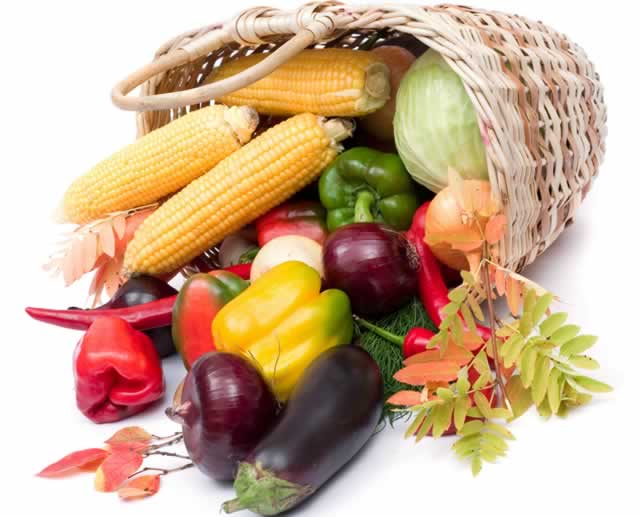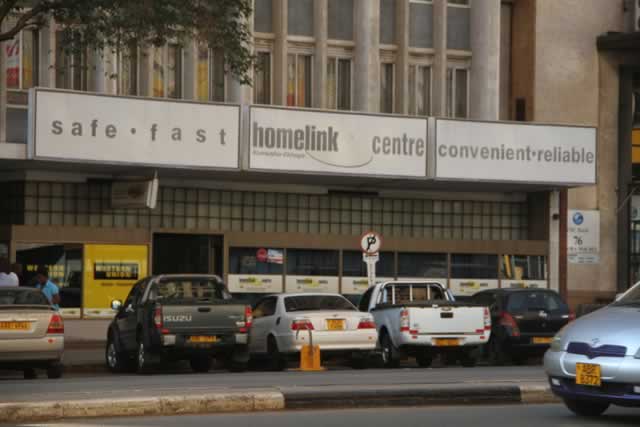Editorial Comment: Food self-sufficiency boon for economy

 For the first time after many years of drought, Zimbabwe is on the path to achieving food self-sufficiency, thanks largely to the Presidential Inputs Support Scheme, which has made a huge impact on production.
For the first time after many years of drought, Zimbabwe is on the path to achieving food self-sufficiency, thanks largely to the Presidential Inputs Support Scheme, which has made a huge impact on production.
Under the scheme 1,6 million communal farmers received seed, chemicals and fertiliser in the 2013-14 cropping season and managed to turn the vast tracts of land into greenbelts of crops. This saw the country surpassing the 1,4 million tonnes target in grain and maize production.
And while it falls short of meeting national maize requirements of 1,8 million tonnes, the production, however, is still good enough to avert hunger, given that we are coming from seasons of drought and sanctions-induced shortages.
Our land reform programme coincided with periods of erratic rainfall and funding constraints which led to a dramatic fall in agricultural production.
Droughts affected crop yields while the drying up of funding, especially from financial institutions, saw many farmers failing to productively use the land.
Banks came up with stringent lending conditions to spike land reform and this made the business of farming a mountain to climb.
The Government could not just watch as farmers struggled in an environment of sanctions and through President Mugabe, came up with the Inputs Support Scheme, to rescue the farmers and consequently the agricultural sector.
We have always said that the land reform programme was a revolution and during the transitional period a lot of things are bound to go wrong. As people settled on the land, on new farms and got seized with the business of mobilising resources and inputs, production was bound to fall and this never came as a surprise to any reasonable person.
Our detractors have criticised land reform as a waste of resources, but results are surely there for everyone to see.
For the past couple of seasons the rains have favoured us and some banks have also come on board to support the A1 and A2 commercial farmers and this together with the Presidential Inputs Support Scheme, has resulted in the country attaining food self-sufficiency.
The scheme, a brainchild of President Mugabe, augmented crop production at household level through timeous distribution of inputs and was this year coupled with good rainfall. There is plenty of maize at household level across the country, with urban farmers also playing their part in contributing to food security.
National food self-sufficiency is a key goal of the economic blueprint, the Zimbabwe Agenda for Sustainable Socio-Economic Transformation, one of whose clusters identifies food security and nutrition as key enablers of economic revival.
The bumper harvest produced last season does not surprise us at all as Zimbabweans are inherently farmers who, if given the necessary inputs support and barring any other adverse factors, always measure up to their tag.
We do not see any reason why crop production should not continue with the upward trend given that farmers have been able to make a lot of money in the last season to allow them to stand on their own in future. They are now able to buy their own inputs and built on the success achieved last season.
Let us not throw down the drain the success we have achieved in the past season but rather we urge all stakeholders in the agriculture sector to ensure that the land is productively used and that farmers have the resources at their disposal for production.
Financial institutions that had remained sympathetic to white former commercial farmers and introduced stringent collateral requirements to stifle new farmers should have now realised they are fighting a losing battle as it is very clear that land reform is irreversible.
We urge them to play ball by contributing to agricultural production through making funding available to the sector at concessionary rates. It has always been said that when the agriculture sector catches a cold the economy sneezes but with the meeting of minds of everyone, the sector should never again catch a cold unless it is because of circumstances to do with drought.
The President has played his big part; the majority of people have been empowered and now it is up to us to repay him for his good work by using the land productively and weaning ourselves off handouts.









Comments